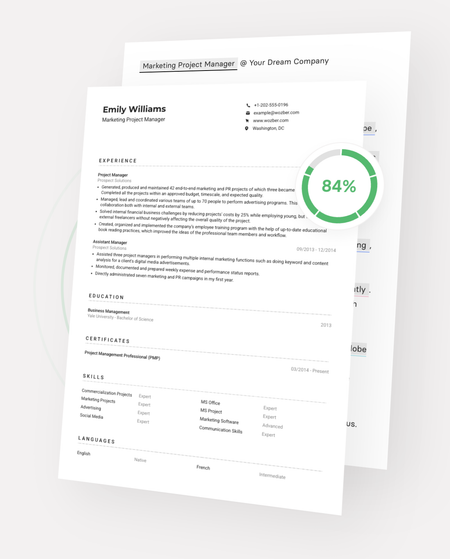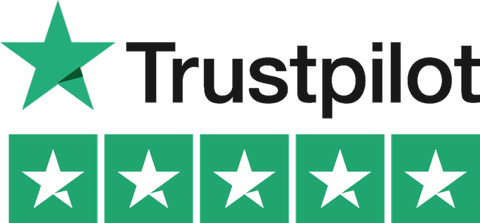Amazon's Software Engineer Interview
Amazon Software Engineer Interviews are designed to figure out your problem-solving skills and test your knowledge of Amazon’s Leadership principles.
About the author: VP of Engineering, Program Manager, Coach, and Founder, specializing in career coaching, behavioural and system design prep. Book time with them here.

The Amazon Software Engineer Interview is designed to figure out your problem-solving skills and test your knowledge of Amazon’s Leadership principles. They typically do not go into depth about Amazon’s engineering practices or technologies, which is why you must have a high-level understanding of these topics before applying.
This article will describe the Amazon software engineer interview process and then provide a detailed walkthrough for each step. We’ll discuss some of the basic principles and techniques to help you with a Software Engineer Interview at Amazon.
Software Engineer Interviews at Amazon
Software Engineer Interviews follow a similar pattern across all teams. The first round typically consists of one or more phone screens, which are often used to assess problem-solving abilities and basic technical knowledge.
You should expect to have a one-on-one conversation with at least two members of the team. Team members from various teams involved in software engineering may also be part of your interview loop and hiring managers.
The process for Software Engineer Interviews at Amazon is as follows:
Phone Screen
The first round typically consists of one or more phone screens, which are often used to assess problem-solving abilities and basic technical knowledge.
This will involve a conversation with someone on the team who will ask questions about your experience in general terms. They may also give you some coding challenges over the phone.
If all goes well at that point, they’ll invite you for an onsite interview where you can meet many people across multiple teams.
Onsite Interviews
If all goes well during the Phone Screens, they’ll invite you for an Onsite Interview. You should expect interviews with individual members of various teams involved in software engineering (e.g., Systems Design, Database, etc.).
Each interviewer will ask you about your past work experiences and technical questions related to programming languages, data structures, algorithms, etc. They’ll test your ability to write code on a whiteboard.
Bar Raiser Round
A bar raiser is a seasoned evaluator who already works for Amazon and performs an essential function in the hiring process. The bar raiser earns this title as a result of having done x interviews during their employment at Amazon. They, as the last stage of the recruitment process, represent the ultimate test for potential candidates. Bar raisers are more skilled in their interviewing techniques and approaches than other interviewers. Given their level of expertise and experience, their questions and assessment will tend to be more nuanced and focused. Candidates may find the Amazon Bar Raiser interview more challenging than coding or system design interviews, where answering questions can seem more predictable.They conduct the final interview and make the ultimate decision on applicants (yikes!)
Amazon’s Leadership Principles
The first thing most applicants notice about Amazon is its 14 leadership principles. This is a list of rules that Amazon has created to guide its decision-making process.
According to the Software Engineer Job Description on Amazon, there are seven core principles that you should be prepared to discuss. These seven leadership principles are:
- Learn and Be Curious - Leaders are never done learning and always seek to improve themselves.
- Customer Obsession - Leaders start with the customer and work backward. They work vigorously to earn and keep customer trust.
- Ownership - Leaders are owners. They think long-term and don’t sacrifice long-term value for short-term results. They act on behalf of the entire company beyond just their team.
- Have Backbone; Disagree and Commit - Leaders are obligated to respectfully challenge decisions when they disagree, even when doing so is uncomfortable or exhausting.
- Bias for Action - Speed matters in business. Many decisions and actions are reversible and do not need extensive study. We value calculated risk-taking.
- Invent and Simplify - Leaders expect and require innovation and invention from their teams and always find ways to simplify.
- Leaders Are Right, A Lot - Leaders are right a lot. They have strong judgment and good instincts. They seek diverse perspectives and work to disconfirm their beliefs.
In addition to these seven principles specific to Software Engineer job descriptions, it would be ideal to have a working understanding of the seven additional principles:
- Invent and Simplify - Leaders expect and require innovation and invention from their teams and always find ways to simplify.
- Hire and Develop the Best - Leaders raise the performance bar with every hire and promotion. They recognize exceptional talent and willingly move them throughout the organization.
- Insist on the Highest Standards - Leaders have relentlessly high standards — many people may think these standards are unreasonably high.
- Think Big - Thinking small is a self-fulfilling prophecy. Leaders create and communicate a bold direction that inspires results.
- Frugality - Accomplish more with less. Constraints breed resourcefulness, self-sufficiency, and invention. There are no extra points for growing headcount, budget size, or fixed expense.
- Earn Trust - Leaders listen attentively, speak candidly, and treat others respectfully.
- Dive Deep - Leaders operate at all levels, stay connected to the details, audit frequently, and are skeptical when metrics and anecdotes differ. No task is beneath them.
Behavioral Leadership Principle Questions that Coincide With Software Engineer Interviews
Amazon Software Engineer interviews will include some behavioral questions that coincide with Amazon’s leadership principles. Some of these common behavioral questions include:
- When did you take a risk, make a mistake or fail? How did you respond?
- Tell me about a time you had a conflict with someone at work.
- Tell me about a time when you took the lead on a difficult project
- Tell me about a time when you received negative feedback from your manager. How did you respond?
To prepare for these questions, you should consider having examples prepared for success, failure, and team-related questions. These are the types of questions that interviewers will ask to see if you can work within a team, be effective in leadership roles and learn from your mistakes. To answer these questions effectively, you should:
- Be sure to focus on your strengths and be diplomatic in your answers. Do not make excuses for your mistakes, and try to remain positive when talking about a time you had difficulty.
- Don’t look overconfident either, as that can easily come across as arrogant.
- Keep your answers concise and include detailed answers.
Remember, the interviewer is trying to determine if they will be able to work with you in a professional setting. Present yourself as someone who can take direction from others while leading teams effectively through both difficult and easy tasks.
Conclusion
To increase your chances of being successful in the interview process, you must have a good understanding of Amazon’s process and principles. Luckily they’re intuitive and easy-to-like so hopefully you should not have any trouble in learning them! Tech Interview Coach can help guide you through these with tailored mock interviews that integrate the above mentioned leadership principles.
About the author: Andrea Della Corte
VP of Engineering, Program Manager, Coach, and Founder, specializing in career coaching, behavioural and system design prep. Book time with them here.










